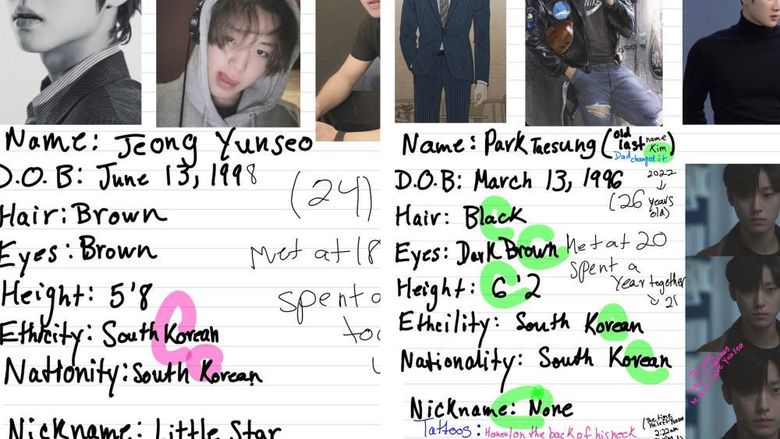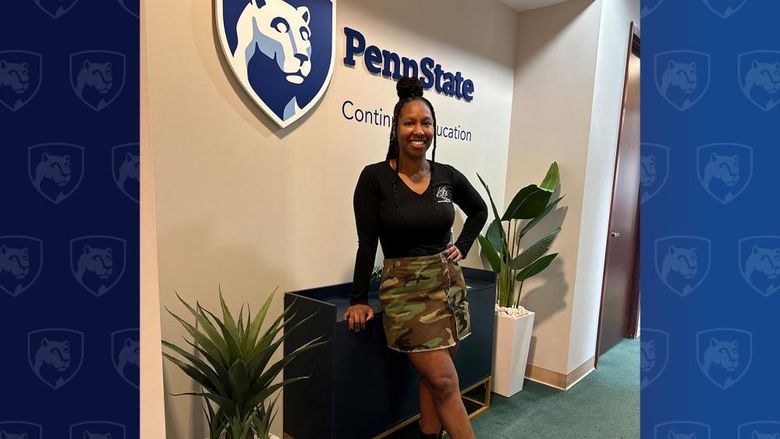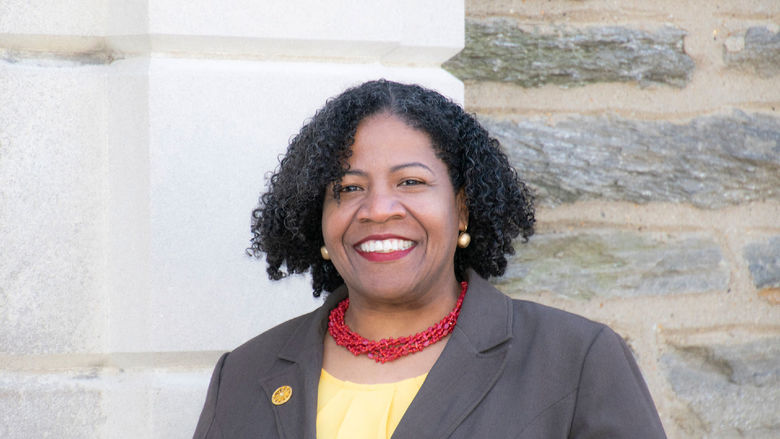June 2, 2006
Weddings are a time when a woman and man pledge their unwavering devotion to each other, but the months before the big day can be quite stressful and confusing for women, according to Beth Montemurro, assistant professor of sociology at Penn State Abington.
In her new book, "Something Old, Something Bold: Bridal Showers and Bachelorette Parties" (Rutgers University Press), Montemurro takes a fresh look at the wedding process, offering a perspective not likely to be found in the planning books and magazines readily available to the modern bride. She focuses on bachelorette parties and bridal showers to show what these events mean to women and what they say about gender roles.
Montemurro finds that they contribute to gender inequalities and that even at the turn of 21st century, American society still is very much married to tradition and traditional conceptions of masculinity and femininity. "The bridal shower and the bachelorette party are rehearsals of sorts for the bride-to-be, where she has the opportunity to 'try on' her new role and to bid farewell to her old one. Through these rituals -- invented and orchestrated primarily by women -- we see how traditional and modern gender roles are negotiated, resisted, transformed and reinforced," said Montemurro, whose study is based on years of research and interviews.
The innovation of the bachelorette party, a celebration of the bride-to-be's premarital sexual identity, and the addition of men to the domestically oriented shower often have been thought to indicate gender convergence and a more-progressive attitude toward power relations between men and women, but Montemurro suggests that this is not always the case.
The book also takes a look at the origins of bridal showers and bachelorette parties, how they differ among cultures, the events as consumptive and materialistic activities, and much more. "Bachelorette parties and bridal showers are not just women's parties,"Montemorro noted. "They are rituals of status, consumption and materialism; of transition and ambivalence; of friendship and reinforcement of relationships among women; and of transformation. The study of these events can tell us much about the lives of marrying middle-class women today."
Contact





